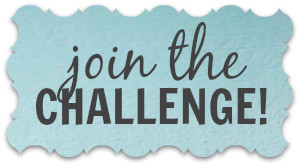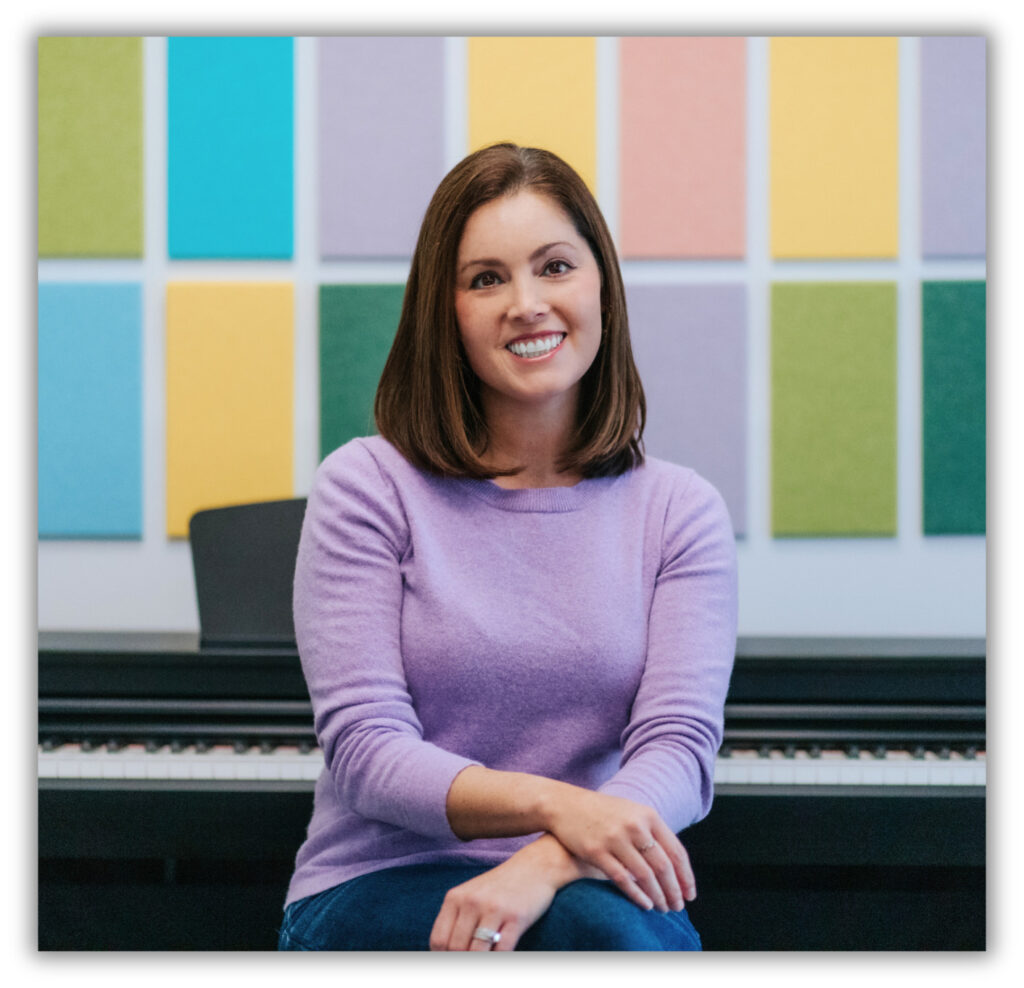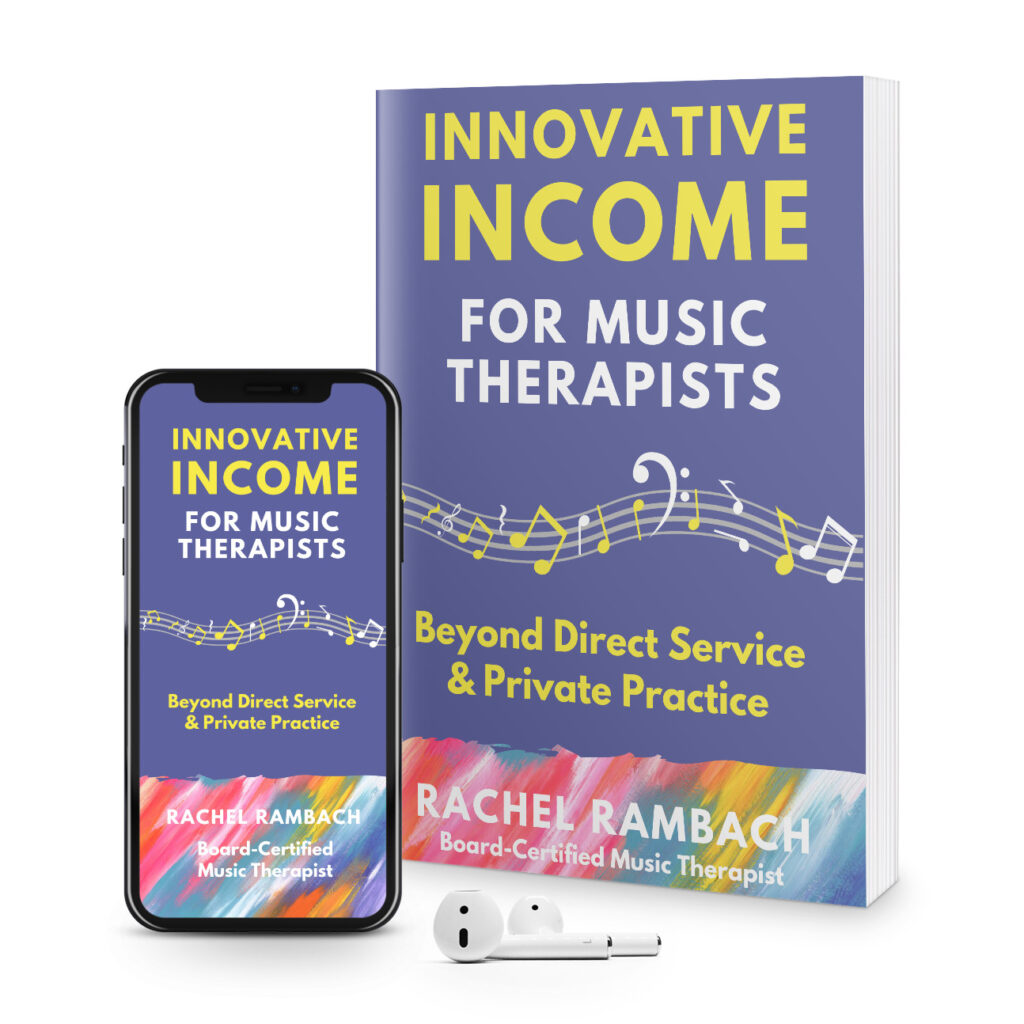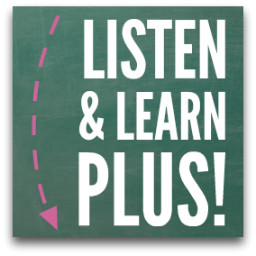Songwriting has always been a big part of my work as a music therapist, because I like to use mainly original compositions in my sessions, groups, and classes. Not a week goes by that I’m not coming up with a new song here and there.
Between just having released a brand-new songbook, hosting a Songwriting Challenge for music therapists, and my clinical work as usual, my professional life has seemed to revolve around songwriting for the last month or so — and I’m okay with that!
One of the questions I’m frequently asked by other music therapists is in regards to my songwriting process. I totally get it, because I love hearing about how others do it, myself. Since this pops up so often in my inbox and in conversations with people who want to become more practiced songwriters, I’ll share how my process looks.
Songwriting is a Ritual
Of course, there are plenty of times when I write a song on the fly during a session (which may or may not make it into my memory bank or get written down/recorded later); but in most cases, songwriting for me has become very ritualistic.
I have a particular set-up that must be in place before I begin: my computer in front of me, my guitar to my right, and my iPhone next to me (in the photo above, I substituted my iPad since I was using my phone to take the picture).
While most of my songwriting takes place at my desk in my office, sometimes I change up the location to either my kitchen island (as you see in the photo) or desk at work.
Before I actually start writing, I make sure my guitar is tuned, that I have all the information I need — like correspondence from a client’s parent/teacher/therapist, any facts I’ll use in my song content, my own notes, etc. — in front of me, and then I’m ready to dive in.
Getting It Down on “Paper”
I’m a digital girl all the way, and since I’ll be accessing my song on my iPad during a session (if it’s not completely memorized) or pulling it up on my computer to record later, the actual writing happens on a template I have created in Pages (the word-processing software for Mac).
I always start with the lyrics, since I want to make sure I’m including all the language needed to address a goal or objective for a client or group. I always have RhymeZone pulled up in my browser for help coming up with rhyming words as I write.
My iPhone comes in handy during the lyrics phase, because I record any melody fragments that manifest using the Voice Memos app. This is an important step, because otherwise I will have completely forget them by the time I’m ready to compose the entire melody and figure out chords.
Once the lyrics are complete, I grab my guitar and start piecing together that melody, often referring back to anything I’ve recorded. This becomes a balancing act, singing and strumming and then keeping my guitar from falling off my lap while typing the chords on my lead sheet. I make sure to check and double-check each line for accuracy after the chords are written.
My finished lead sheet is saved in a Dropbox folder as a PDF, along with all of my other original compositions. That way I can easily pull them up on my iPhone or iPad if needed. I save the original Pages document in a folder on my computer, categorized by song topic or purpose.
Learning My Song
My work is not done yet. Once I’ve finished the lyrics, melody, and chords, it’s time to get familiar with the song as a whole since the writing process is often so choppy. I sing and play through the song several times…as many as needed until I’m completely comfortable with the melody and have established the strum pattern I want to use.
Then I go back to my Voice Memos app and delete any of the fragments I recorded earlier. It’s time to create a draft recording — this is what I’ll use as a reference point when it comes time to record the song “for real”.
The Time Factor
Because I have established such a step-by-step process for writing songs, it really isn’t as time-consuming as you might think. It seems as though the time factor is what holds many music therapists back from writing more of their own songs, which is why I always encourage them to establish a process for themselves.
On average, I would say that it takes me about 45-6o minutes to complete the entire process of writing one song. And at the end of that process, not only do I have the song written, but I also have a completed lead sheet and a quick recording.
Establishing YOUR Process
There are so many ways to write songs, and there are no right or wrong ways of doing so. What works beautifully for me may not appeal to you in the slightest.
What does your songwriting process look like? If it’s all over the place, that’s okay too…it’s all about figuring out what works best with your songwriting style and taking into account your preferred methods for creative processes.
Music therapists, I hope you’ll consider taking the Songwriting Challenge! Click below to learn what it’s all about — and then join me to become a better songwriter while earning CMTE credit.






I usually write on the fly. I don’t often write songs the way you do for sessions. However, I do help a lot of clients write songs. My process with them is to ask a lot of questions about what style of music they want to write. I give a couple of choices for key, tempo, style, etc. Then I write down any words they come up with and try out melodies and adjust the lyrics phrase by phrase. Then I write down the lead sheet and we sing it over and over to memorize it.
This would make another great blog post, coming from a completely different perspective! Thanks for sharing that — sounds like a really smooth process for songwriting with clients.
My best songs often come to my while driving. It’s the one “quiet time”, away from my kids, work, home responsibilities, etc. that seems to allow creative thoughts to come through. Problem is, it’s not the safest time to write things down! I try to sing through the idea that comes into my head out loud. Then, I’ll pull over, and record into a Voice Memo on my phone. Or, jot down lyrics in the “Notes” app on my phone. Later, once I’m able to devote more time to the idea, I fine tune the song and save it on my computer.